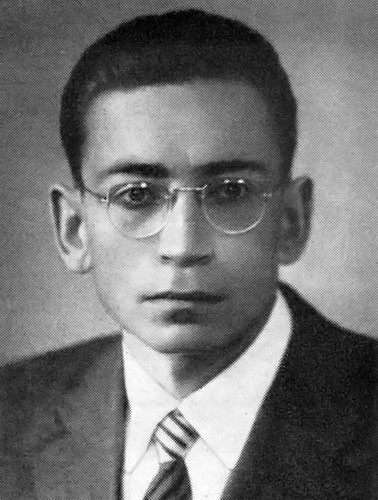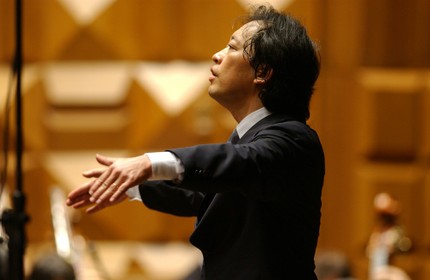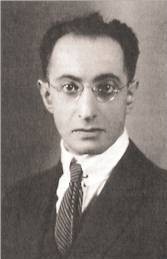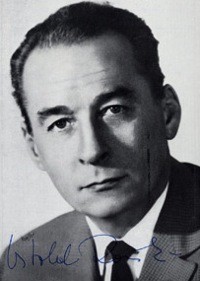
Jemal-Eddin Enverovich Dalgat (Jemal Dalgat) |
Jemal Dalgat

Soviet conductor, Honored Artist of the RSFSR (1960), People’s Artist of the Dagestan ASSR (1968). The mother of the future conductor D. M. Dalgat was one of the first professional musicians in Dagestan. Under her leadership, Jemal Dalgat took his first steps in music. Later he studied composition in Moscow with N. Myaskovsky, G. Litinsky, M. Gnesin, and conducting at the Leningrad Conservatory with I. Musin and B. Khaikin, in whose class he completed postgraduate studies in 1950. By this time, he had already systematically performed on the Leningrad radio.
In 1950, as a result of competitive tests, Dalgat was enrolled as an assistant conductor at the Opera and Ballet Theater named after S. M. Kirov. Subsequently, he took part in the preparation and holding of two decades of literature and art of the national republics in Moscow as the chief conductor of the Tajik Opera and Ballet Theater named after S. Aini (1954-1957) and the chief conductor of the decade of Dagestan art.
In the 1963s, the conductor regularly performed with leading bands in Moscow and Leningrad. In XNUMX, Dalgat began a permanent job at the Opera and Ballet Theater named after S. M. Kirov, which does not prevent him from conducting an active concert activity. His programs include works rarely heard from the stage: Handel’s oratorio “Cheerful, thoughtful and restrained”, the cantatas “Song of Fate”, “Song of the Parks” by Brahms, compositions by Frank, Respighi, Britten.
The recording of the opera The Love for Three Oranges by S. Prokofiev conducted by Dalgat was awarded the A. Toscanini Prize at the gramophone competition in Paris.
Dalgat has translated into Russian the librettos of foreign operas and oratorios: Mozart’s The Magic Flute, Handel’s Cheerful, Thoughtful and Restrained, Verdi’s Don Carlos, Erkel’s Laszlo Hunadi, A Midsummer Night’s Dream and War Requiem » Britten.
L. Grigoriev, J. Platek, 1969





